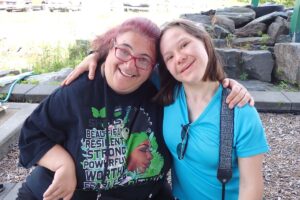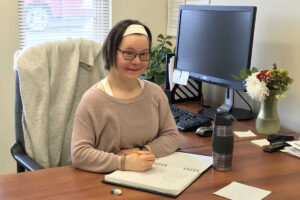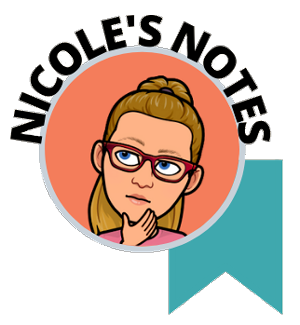
Do Rights Grow Old?
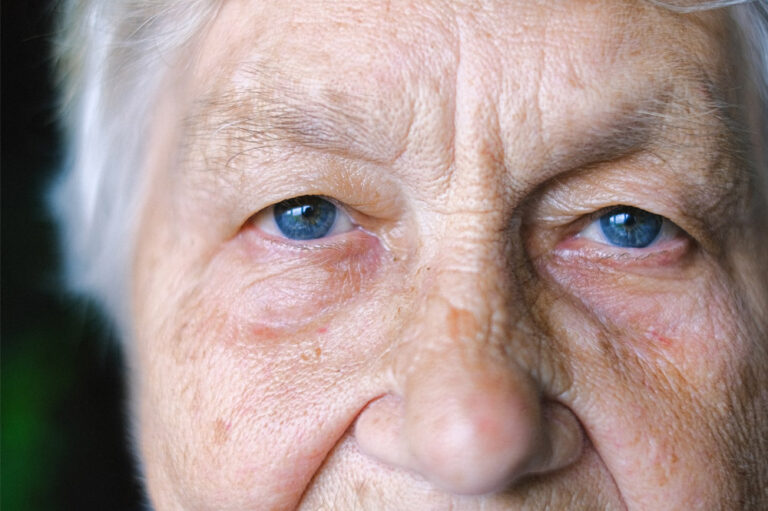
By Nicole Flynn, Associate Consultant
Who’s your historian?
Elders are people with lived experience, they are very knowledgeable. An older adult is like a big collection of books full of information, like in the library. Elders have lived through many experiences and we need to respect and take the time to listen to their stories.
Older adults want to live their lives actively involved in their communities. The age of a person is not the barrier to participation, there are multiple challenges: mobility, health, finances, transportation, housing, social and cultural. It is important to recognize that rights do not grow old. People have the right to participate actively in their communities as they age.
Unfortunately, many older adults are not respected and are being abused. The population of older adults is growing and it is expected that soon there will be more people over the age of 65 in the world then people under the age of 14 years. As this population grows, so does the abuse. This problem persists around the globe affecting developed and developing countries. This is a vital issue to talk about because not everyone is aware that elder abuse is actually happening now.
It is necessary for everyday people, organizations, decision makers, support agencies and cultural centers to recognize signs, and be able to identify abuse to prevent it from happening. The World Health Organization defines elder abuse as “a single, or repeated act, or lack of appropriate action, occurring within any relationship where there is an expectation of trust which causes harm or distress to an older person.”
Abuse can happen in multiple ways, such as financial, psychological, physical, sexual, neglect, and systemic. A person may be abused financially by the abuser intimidating or coercing the older person into doing something. An abuser who makes a person feel bad about themselves through verbal or non-verbal actions may be psychologically abusing the elder. Isolating the person from attending social activities may affect the person’s self worth. Physical abuse involves an action that makes contact with the elder, anything that causes discomfort or pain. Sexual abuse is any behaviour against the older person that they do not agree with and leads to unwanted sexual activity. Neglect is leaving the person on their own, not providing social activities or making sure the person receives proper care. Sometimes neglect happens because the caregiver does not have the skills or ability to care for the person. Systemic abuse is when the rules benefit the caregiver or organization, but not the person.
The following are examples of warning signs for abuse: a person’s financial situation changes and the person is not able to explain why this happened. An older adult has low self-esteem and doesn’t want to make eye contact. An elder may not be involved with any family or friend relationships.
There are many ways older adults can protect themselves. For example, taking control of their own decisions and being an active participant in their health care. Learning about services that are available, keeping in contact with family, friends and supports. Getting out and being active in the community. Make sure to choose people that you trust to do the things the way that you want them done.
Everyone needs to be aware of the affect of ageism and apply equity, inclusion and diversity in their actions to stop elder abuse. Advocating and standing up for elders respects their rights and ensures meaningful lives. Together, we can help and prevent elder abuse and protect the community historians.
Share on:
About Nicole
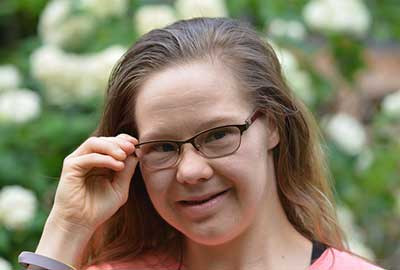
Nicole Flynn is from the rural area of Centre Hastings, Ontario. She is a graduate of the Loyalist College General Arts and Science diploma program (not modified). Nicole is an entrepreneur, an Associate Consultant with People Minded Business Inc. (PMB), and an international medalist in three sports. She is a global citizen who believes in freedom, power, and prosperity for everyone.
Nicole’s goal is to experience and learn more about what is happening around the world and to share her knowledge with others. It is her hope that by reading Nicole’s Notes, people will broaden their perspective, re-evaluate their assumptions and attitudes, and bring their creative ideas and inputs to the table.



